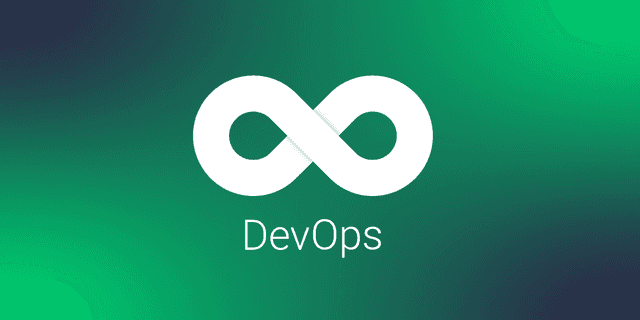DevOps
DevOps is a method in which software development and operational processes are carried out together. It is a work approach that allows software specialists and IT operations specialists to work harmoniously. The expert who carries out DevOps operations is called a DevOps engineer. DevOps enhances collaboration among teams within the information technology department, and potential errors on the customer side can be detected and resolved more quickly.
What is DevOps?
DevOps is an approach that allows businesses to bring their software projects to customers more quickly. The term combines "development""and "operations." DevOps emerged due to concerns in standard software development processes and envisions a transition to a system that operates independently from human intervention, from development to the end user.
Who is a DevOps Engineer?
A DevOps engineer is someone who applies the DevOps philosophy in software development and management processes. They bridge the gap between the software development team and the IT operations team. DevOps engineers ensure that teams work in harmony and balance. They are skilled in reading and understanding programming languages, are familiar with Linux server systems, and have access to testing and automation tools.
How Does DevOps Work?
DevOps operates with its own life cycle, encompassing planning, development, delivery, and implementation stages. All these stages are carried out by DevOps teams. The steps are as follows:
- Planning: System discovery is conducted based on customer requirements, and system design and architecture are created accordingly.
- Development: The project is developed according to the plan. DevOps teams work with software teams during this process, and testing is applied.
- Delivery: The project, once ready for delivery, is distributed to the system. If there are compatibility issues within the system, DevOps teams work with IT teams to ensure the project's integration into the system.
- Implementation: After deployment and adaptation are completed, the implementation stage is concluded when the project becomes available to end users.
While the project is live, monitoring operations continue to detect errors and track system performance. The goal is to catch errors in real-time and inform software teams immediately for rapid resolution. If there are hardware-related performance issues, solutions are developed with the IT operations team. Additionally, processes suitable for automation are identified and resolved. Throughout these processes, the DevOps team creates documentation and release notes.
What Are the Benefits of DevOps?
DevOps offers many benefits for businesses with information technology infrastructure. These benefits include:
- Enhances team collaboration.
- Extends the life cycle of projects.
- Improves agility in problem-solving.
- Promotes business continuity principles.
- Ensures operations are completed quickly and with quality infrastructure.
- Can integrate with third-party applications.
- Emphasizes cybersecurity policies.
- Helps reveal the software and operational knowledge of companies.
How to Learn DevOps?
To learn DevOps, you can follow these steps:
- Learn programming languages like Python and Golang.
- Understand Ubuntu, Debian, and RHEL-based operating systems.
- Learn to use terminal commands.
- Be familiar with platforms like Git and GitHub.
- Know how to set up systems like Load Balancer and Proxy Server.
- Have expertise in container technologies like Docker.
- Be familiar with serverless infrastructures like AWS and Azure.
- Learn about log management and monitoring applications.
Our free courses are waiting for you.
You can discover the courses that suits you, prepared by expert instructor in their fields, and start the courses right away. Start exploring our courses without any time constraints or fees.



